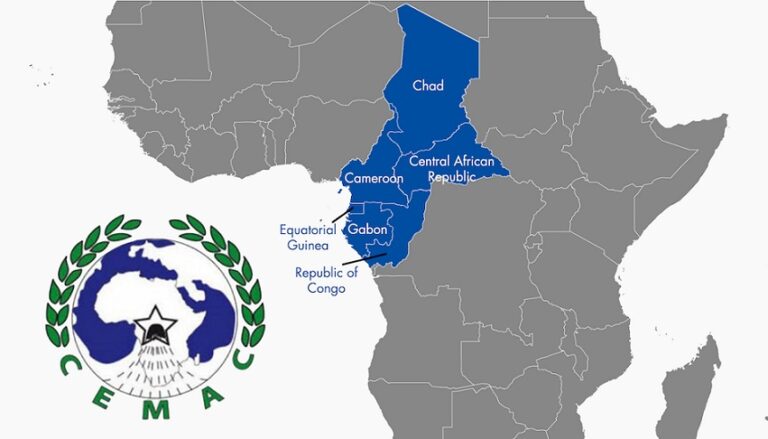
Uganda’s President Yoweri Museveni enroute to Nakaale Grounds in Nakapiripirit District for the International labour day celebrations //photo: courtesy
President Yoweri Kaguta Museveni has outlined ambitious plans to reform Uganda’s labour sector, focusing on policies aimed at increasing worker empowerment, improving labour conditions, and creating more sustainable jobs.
During the International Labour Day celebrations at Nakaale Grounds in Nakapiripirit District, Museveni announced the government’s intention to address key issues such as the establishment of a minimum wage, phasing out casual labour, and ensuring stricter regulation of employment agencies. The President revealed that Cabinet would revisit these issues in June, with a focus on finding sector-specific, practical solutions.
“We had a productive discussion with workers at State House, Entebbe, where we addressed the challenges of casual labour and the need for a fair minimum wage. These discussions will continue in June,” said President Museveni.
The proposed reforms, particularly the establishment of a minimum wage, are aimed at protecting workers from exploitation and ensuring fair compensation for their contributions. Museveni also emphasized the importance of enhancing the role of Ugandan workers in sectors dominated by foreign companies, ensuring that Ugandans benefit from jobs in their own country.
The President’s remarks reflect a broader push for job creation that goes beyond merely filling positions in the public sector. By prioritizing wealth creation, Museveni highlighted initiatives like the Parish Development Model (PDM), which empowers local entrepreneurs and contributes to sustainable livelihoods.
In rural areas such as Fort Portal and Nakapiripirit, small-scale entrepreneurs have used PDM funds to start businesses that not only improve their own lives but also provide employment for others. These success stories illustrate the potential for grassroots development to foster job creation and economic growth.
President Museveni’s vision aligns with AFN’s mission to promote economic transformation and empowerment. The proposed reforms could lead to more inclusive job creation, reduced inequality, and better working conditions for Uganda’s growing labour force. By emphasizing wealth creation as the foundation for job creation, Museveni underscored the importance of building a robust, self-sustaining economy that benefits all Ugandans.
With Uganda’s labour force largely employed in the private sector, including services, agriculture, and industry, the President’s reforms could create a more equitable balance between public and private sector employment opportunities. AFN believes that such reforms, if implemented effectively, could set a positive example for the broader African continent in addressing labour issues and promoting social equity.
As the government moves forward with these proposals, it will be important to ensure that the voices of workers, employers, and advocacy groups are heard in shaping the final reforms. AFN remains committed to tracking the progress of these initiatives, with a focus on transparency, accountability, and their potential to foster a fairer and more prosperous labour market.


